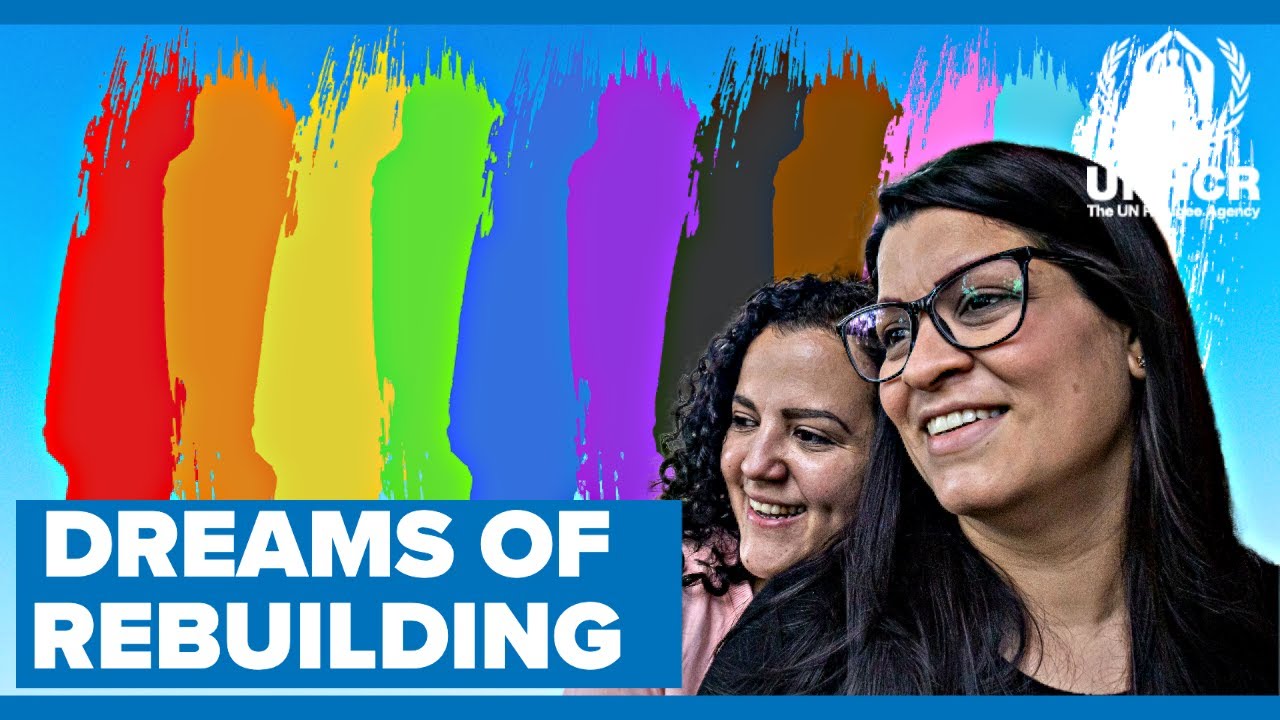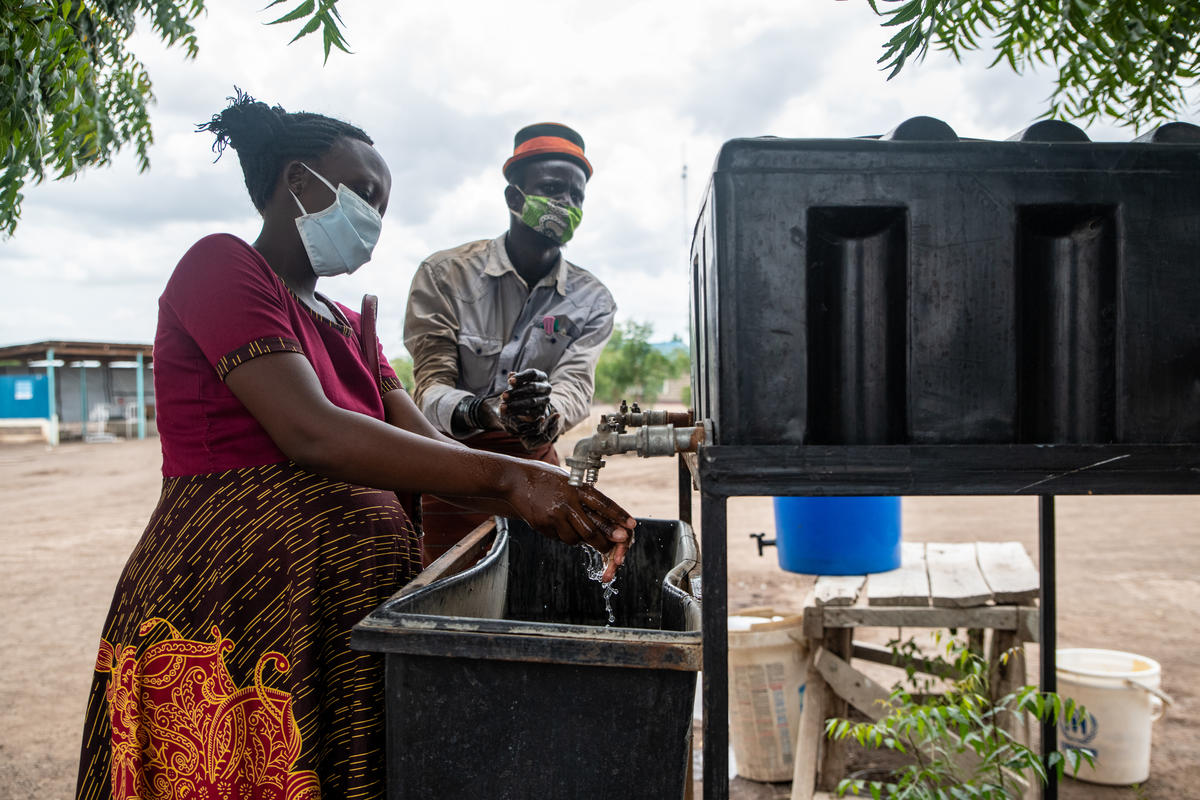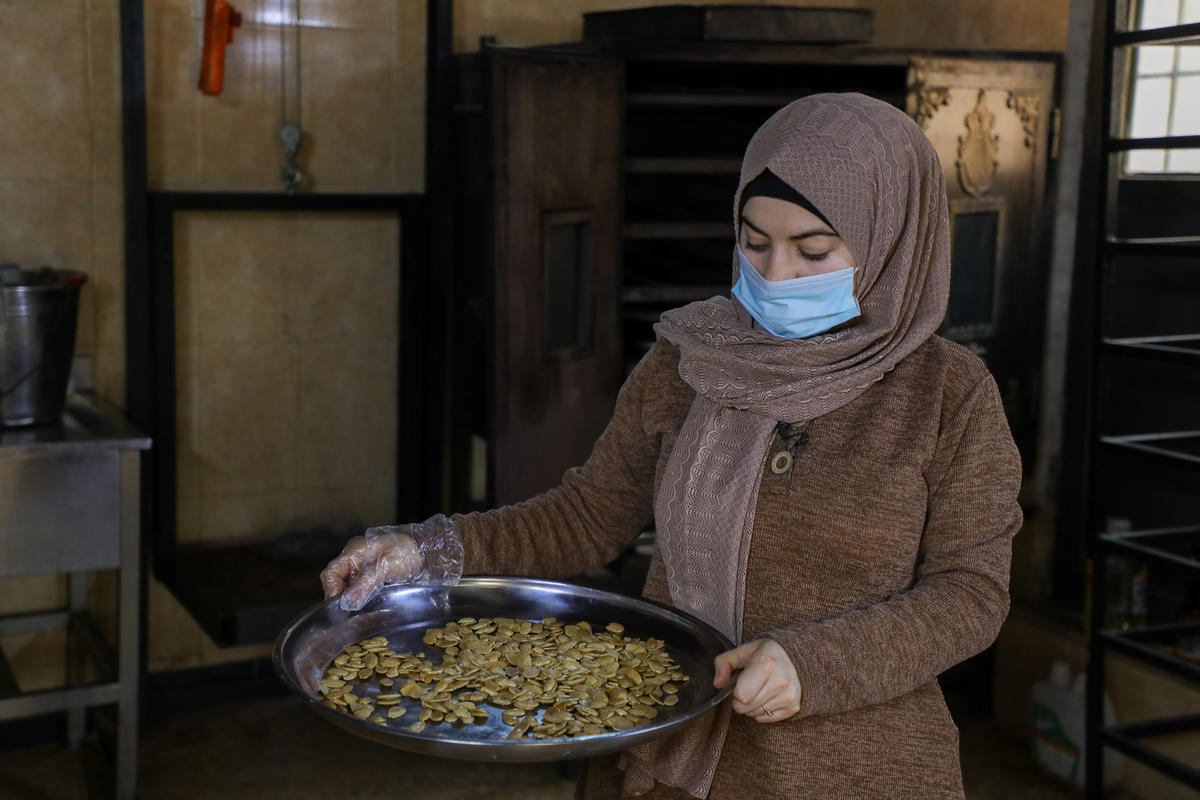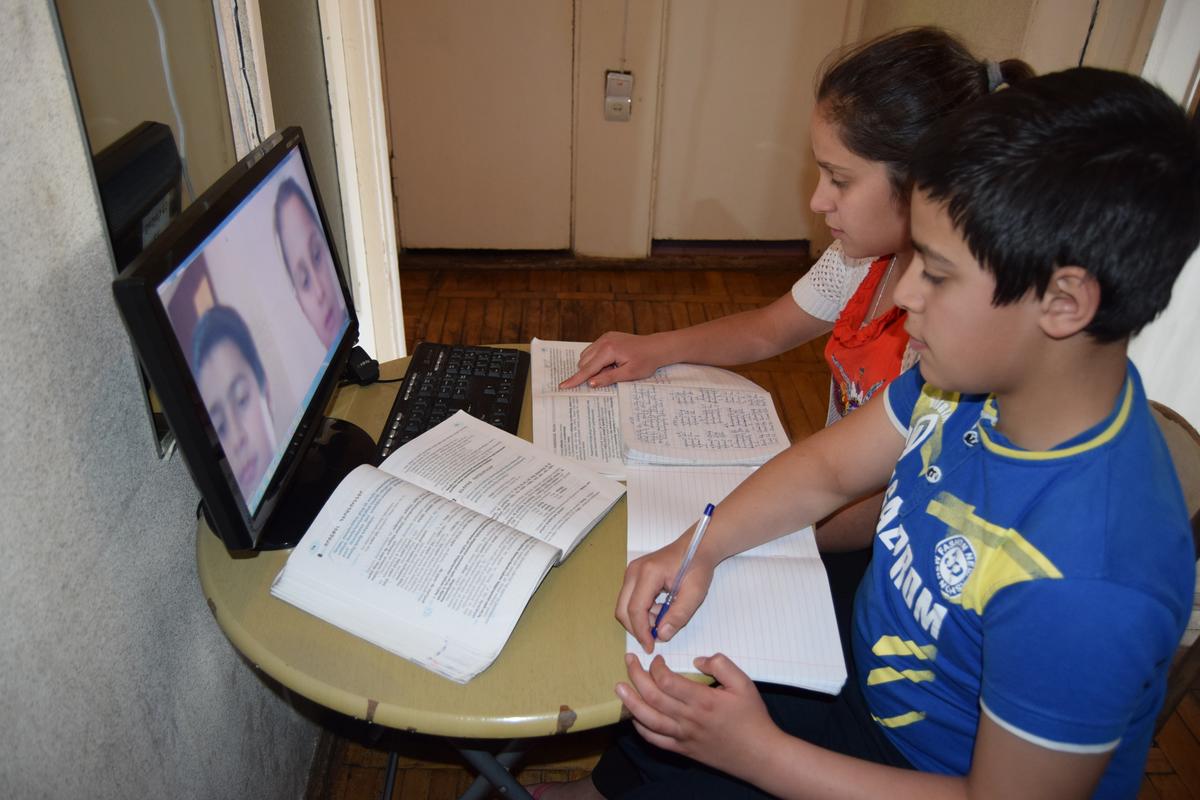Roma head for Sweden to escape extreme poverty, alleged discrimination in Hungary
Roma head for Sweden to escape extreme poverty, alleged discrimination in Hungary

MOHACS, Hungary, December 12 (UNHCR) - Members of Hungary's Roma community have been seeking asylum in Sweden in unprecedented numbers in recent months, pleading extreme poverty and alleging labour and education discrimination back home.
The number of arrivals rose dramatically after a first batch of 20 Hungarian Roma from Mohacs flew to Malmö in Sweden on a budget flight last summer - they did not need visas because both countries are members of the European Union (EU). When glowing reports about Sweden's economy and welfare state started reaching Hungary, scores more soon followed.
Between January and November this year, 356 Hungarian citizens had applied for asylum in Sweden, according to Swedish figures. Some 336 of them had arrived since mid-October and most, if not all, were believed to be Roma. "Some families sold all their belongings, including television sets and furniture, to be able to buy the air ticket to Malmö," said Istvan Kovacs, a Roma community leader here.
But Sweden was having none of it and has to date rejected 101 of the applications, while another 87 applicants withdrew their asylum claims. Some have been deported, but numbers are not available. Swedish diplomats were sent to Mohacs and other southern Hungarian towns in late November to ask Roma leaders to discourage members of their communities from seeking asylum in Sweden.
The envoys explained that Sweden and other EU states are bound by treaty not to give refugee status to each other's citizens - a position UNHCR disagrees with. "It is the issue of persecution and discrimination that decides whether someone is a refugee, not the citizenship of the country of origin," said UNHCR Deputy Regional Representative Michael Lindenbauer.
But the Roma say they are acting out of desperation, arguing that they face difficulties in getting jobs and a decent education in Hungary, which is suffering a serious public deficit level two years after joining the EU and faces tough austerity measures. They also say Sweden's tough stance will not deter others in Hungary from seeking asylum overseas.
"Only the most destitute go abroad," said Sandor Csonka, a leader of the Lungo Drom Roma Association in Mohacs, adding that even those earning the minimum wage of 39,000 forints (US$200) a month would not risk leaving their jobs. "The ones leaving are running away from total despair, total destitution."
Katalin, a 27-year-old married mother of two, was among those rejected and sent back from Sweden to Hungary late last month. "We were told that we are not refugees as there is no persecution in Hungary. I wonder if it will amount to persecution if my [two] children will go to bed hungry every day in a cold apartment that we cannot afford to heat."
She said it was very difficult to find jobs in the south, and alleged that other employers discriminated against the Roma when looking to hire people. Csonka and other Roma point also to discrimination in education - their charges are backed up in government commissioned reports.
"We were returned from Sweden, but we will go elsewhere to look for a better life as soon as we can," said Katalin, whose family barely scrapes by on social security payments worth under US$3 per person.
UNHCR, however, encourages local solutions. "We are aware that Roma are discriminated against and face a whole range of serious problems, not only in Hungary but also in many other Central and Eastern European countries", said Lloyd Dakin, UNHCR's Budapest-based regional representative. "But the problems that the Roma face should be tackled within the countries of origin."
The Hungarian government announced measures in November aimed at stemming the outflow, including the allocation of US$1.5 million for job creation schemes in the southern areas where most Roma live. But József Szekó, mayor of Mohacs, said this would only be enough to employ 300 people for one year, adding that there were 3,000 Roma in his town alone.
At a forum here in late November for Roma asylum seekers sent back from Sweden, a Ministry of Social Affairs and Labour official said the government realised that the Roma in Hungary faced "a grave situation" finding employment, as well as intolerance and discrimination in the workplace. He said a state-sponsored public service labour scheme could be a solution, while adding that there was not money to provide jobs for everyone.
The Lungo Drom Roma Association's Csonka, meanwhile, said the current situation reminded him of the exodus of thousands of Roma asylum seekers, predominantly to Canada, in the 1990s. "The austerity measures introduced by the government come down most heavily on the Roma," he said.
"A decade ago when thousands of Roma went to Canada for asylum, their reasons were similar. Roma then also fled from Hungary simply because they had nothing to eat," Csonka added. The influx ended when Canada started demanding visas for Hungarians, something Sweden cannot do.
By Andrea Szobolits in Mohacs, Hungary








